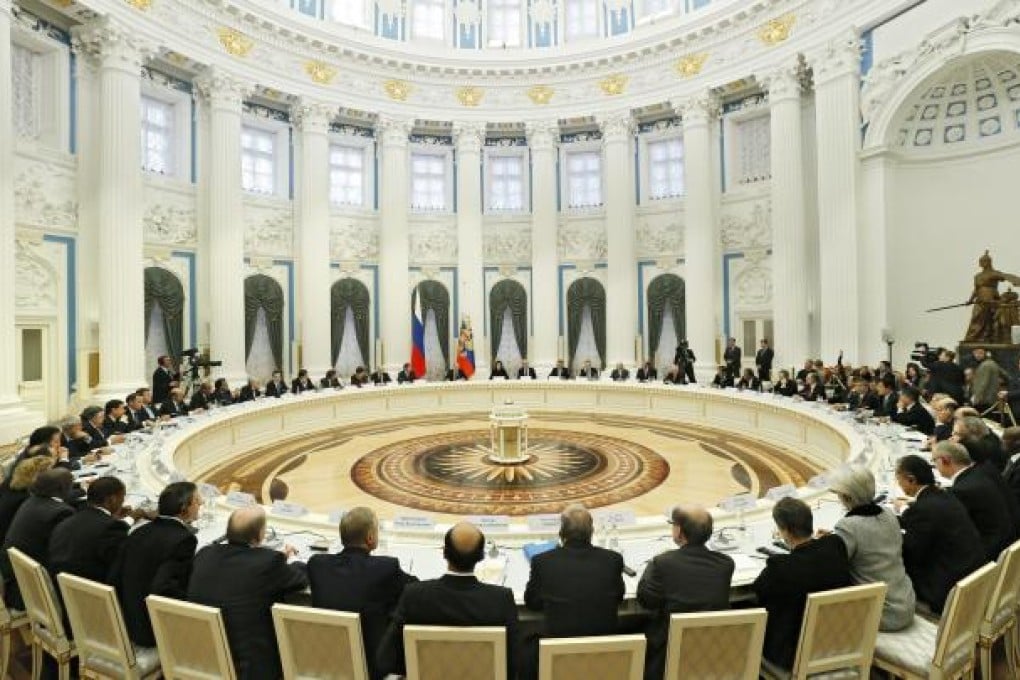Can the BRICS break through the global gridlock?
Donald Gasper urges unity to further G20 agenda for multipolar world

David Held, the well-known British academic, gave a lecture in Hong Kong last week, titled "Gridlock: Why global co-operation is failing when we need it most".
Held pointed out that radical reforms of institutions tend to come in the wake of wars, as was the case after the second world war with the creation of the United Nations and the Bretton Woods financial architecture - the International Monetary Fund, the World Bank and the General Agreement on Tariffs and Trade, the predecessor of today's World Trade Organisation.
But severe financial crises can also be a catalyst for institutional change. The meltdown of 2008 to 2009 seemed to be such an opportunity.
This was why the G20 group was formed to take over from the G7 and the G8, which were essentially rich men's clubs. It brought together the political leaders and central bankers of 20 of the world's most important economies, including, for the first time, China and other large emerging countries. Promises were also made for changes to organisations like the IMF to better reflect the economic importance of these countries.
Unfortunately, Held noted, no sooner was there a slight easing of the crisis than vested interests emerged to block change. This resulted in a situation of gridlock.
Surprisingly, he made no reference to the potential role of the BRICS countries in resolving the deadlock. This geographically and culturally diverse grouping, which is currently meeting for a summit in Durban, South Africa, vividly symbolises the ongoing transition from a unipolar to a multipolar world order.